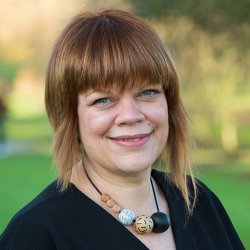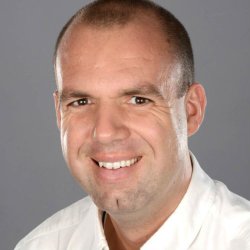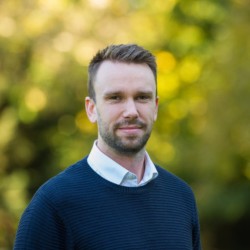Think Global Fund Report 2024 – Copenhagen and Gothenburg
Professor Cath Taylor, Professor Richard Lyon and Dr Scott Munro had the opportunity to go on an insightful and impactful trip to Denmark and Sweden thanks to an award from the Think Global Fund.
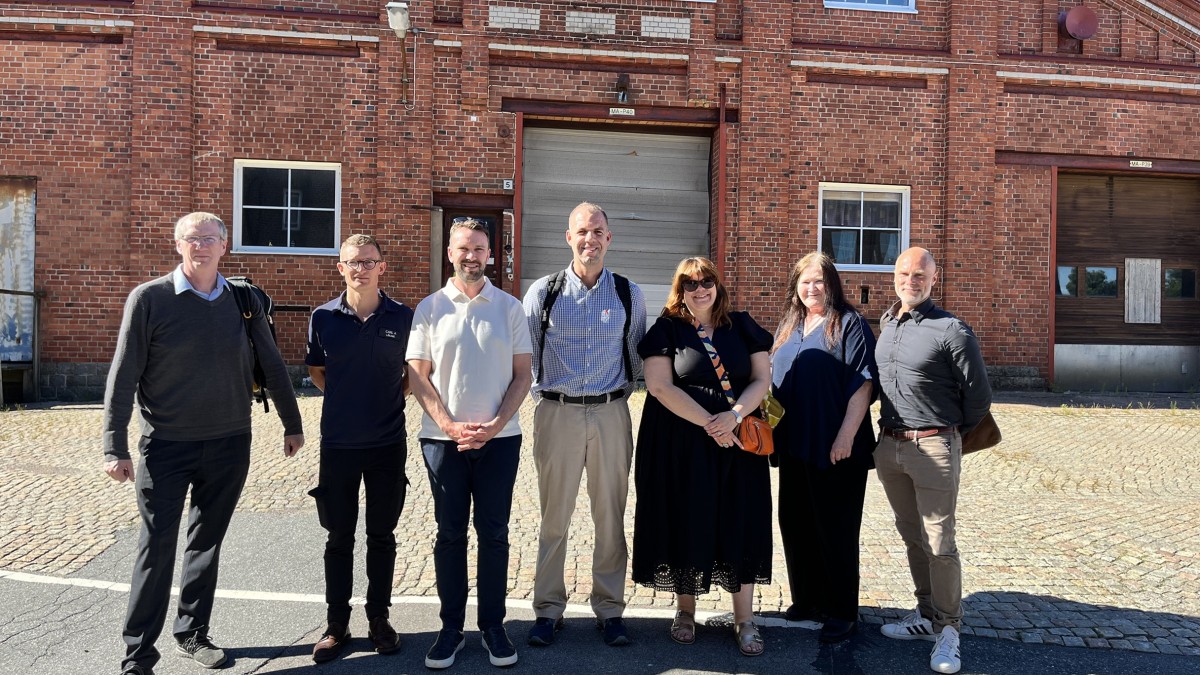
First stop: Copenhagen
Our trip began in Copenhagen, where we had the privilege to engage with researchers and the EMS system in Denmark. The focus of our visit was to explore the use of video livestreaming technology in EMS dispatch – a field in which we have been actively involved through the SEE-IT trial.
In Copenhagen, we visited the Emergency Medical Dispatch Centre, where livestreaming is integrated into their system. This visit provided invaluable insights into the practical applications and benefits of livestreaming in real-time emergency scenarios. We also had the opportunity to present our findings from the SEE-IT trial to Danish researchers and EMS professionals. Their presentations on innovative technologies in EMS, including livestreaming, highlighted the progressive strides being made in this field.
Next destination: Gothenburg
Our next stop was Gothenburg, Sweden. Here, our focus shifted towards another cutting-edge technology: drones. In Gothenburg, we met with the local ambulance service who are currently deploying drones to deliver automated external defibrillators (AEDs) to laypeople at the scene of an out-of-hospital cardiac arrest.
The research presented by researchers at the Karolinska Institute was both impressive and inspiring. The next day, we visited Everdrone's headquarters, who manufacture drones capable of delivering AEDs, where we witnessed a live demonstration of their drone technology. It was great to see first-hand how the drones are piloted, the adjustments being made to improve their efficiency and the innovative plans to expand their usage to deliver other critical medical supplies like EpiPens for anaphylaxis and haemorrhage control kits.
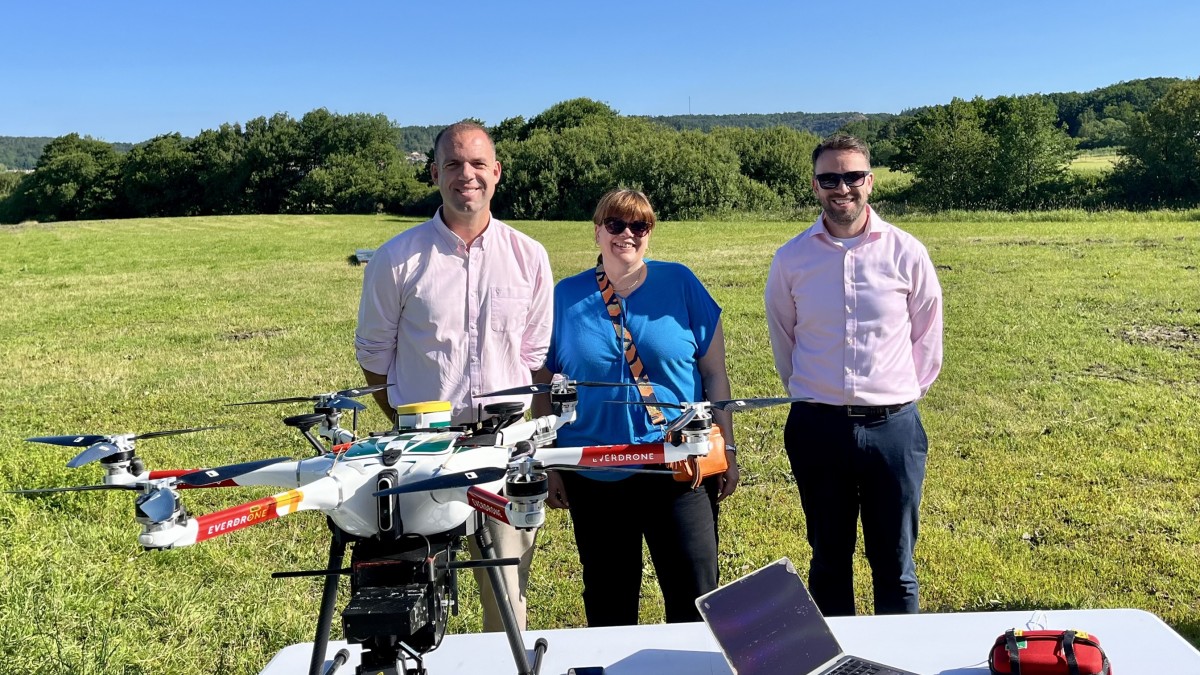
Building bridges and future collaborations
Throughout this trip, we not only gained insights into the latest advancements in EMS technology but also forged strong connections with international researchers and practitioners. These interactions were important in discussing potential future collaborations that could significantly impact international EMS practices. The knowledge exchange and networking opportunities have laid a solid foundation for future international research collaborations, promising exciting developments in EMS technologies and practices.
This trip to Copenhagen and Gothenburg was a remarkable journey of learning, sharing and connecting. It underscored the importance of international collaboration in advancing the field of emergency medical services. By integrating innovative technologies like livestreaming and drones, we can enhance the efficiency and effectiveness of EMS, ultimately saving more lives.
As we move forward, the insights and relationships forged during this trip will hopefully play a crucial role in shaping the future of EMS research, both at the University of Surrey and beyond.
